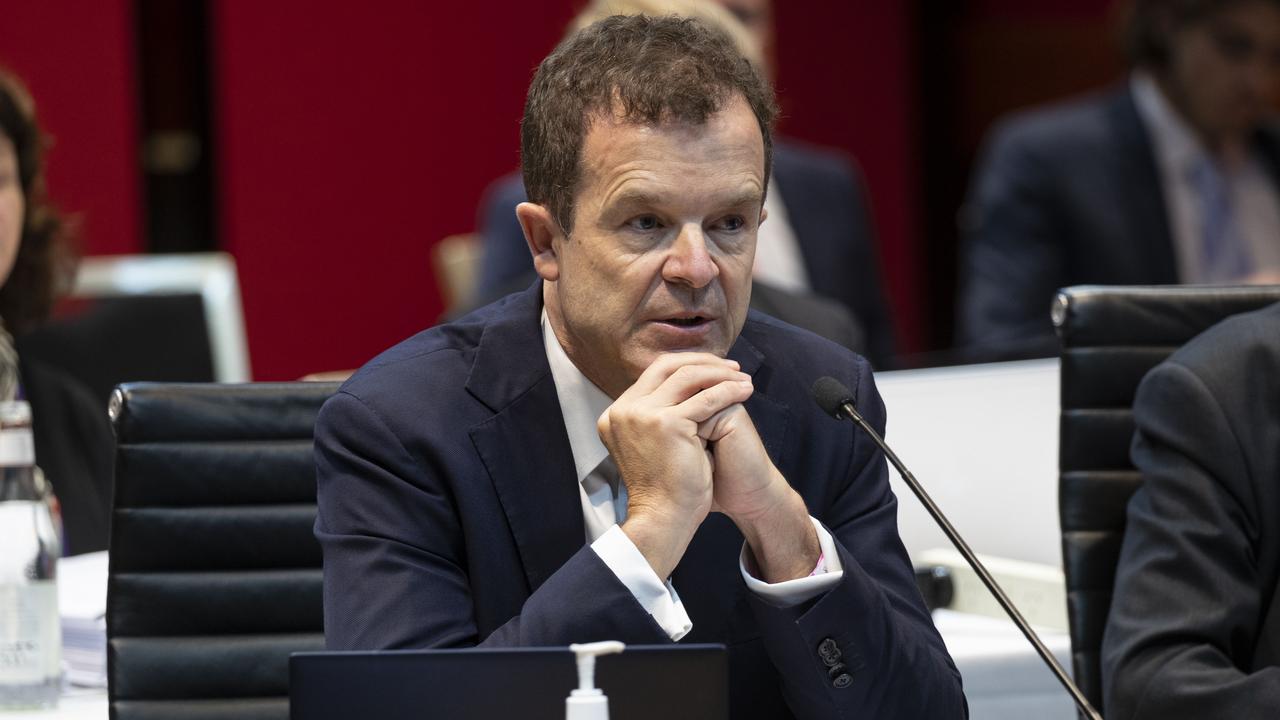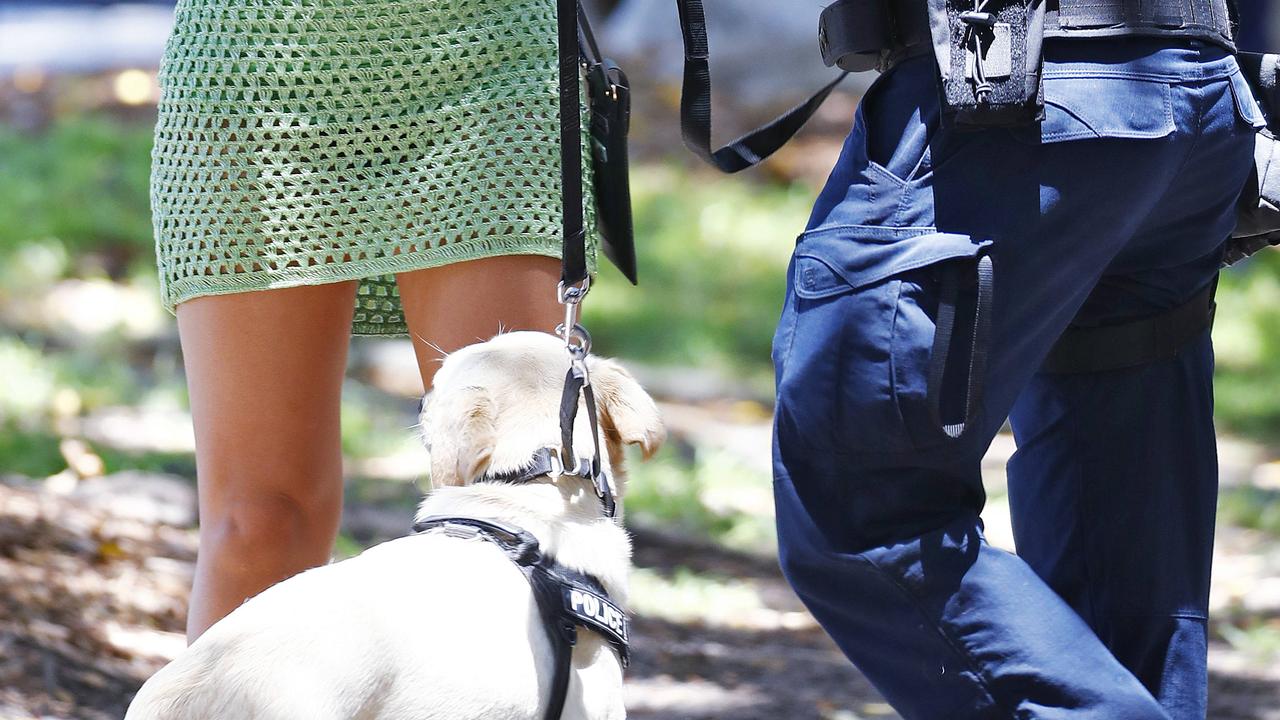NSW Attorney-General ‘disappointed’ at slow pace of drug reform
Drug dogs will continue sniffing for ecstacy pills at music festivals after the NSW government responded to a major report.
The NSW Attorney-General has said he’s disappointed his government hasn’t done more to implement the findings of a drug inquiry.
A budget estimates hearing on Wednesday was told the ice inquiry report from 2020 had cost more than $10 million to produce, but almost none of the recommendations had been dealt with.
“We haven't spent that sort of money to have a detailed expert report, that took an enormous amount of evidence from experts, to sit on the shelf,” Mark Speakman said.
“We intend to act, and I'm disappointed that we have not been in a position to provide our comprehensive response.”

The government has ruled out some of the inquiry‘s key recommendations, such as decriminalising the personal use of small quantities of drugs.
Mr Speakman said the cabinet had rejected that suggestion because it risked “normalising” drug use.
But he said he would like to see drug diversion measures be used, either “pre-court or post-court”.
“It’s a matter for cabinet and a debate within cabinet,” he said.
“But it’s pretty clear that a lot of diversion cuts reoffending.
“I remain ambitious, not to normalise drug use, not to retreat, but to make sure that our taxpayer-funded interventions are actually having some effect.”

However Mr Speakman acknowledged the use of drugs like cocaine was widespread in society.
“We know from federal statistics in the last 12 months, one in seven Australian males in their 20s had used cocaine,” he said.
“The idea that this is just some kind of small group of marginalised substance abusers is totally wrong.”
He also said tackling drug use was a health issue.
“People use drugs for a whole variety of reasons, but they don't choose to use or not use drugs because of a criminal law process,” he said.
“So, we are looking at, besides decriminalisation, what else we can do in the diversion space.”
Mr Speakman mentioned penalty infringement notices for drug possession as one type of diversion.
“There was a general acceptance of that, where offenders get a $400 fine and an infringement notice rather than going to court and getting a criminal record,” he said.
Drug-sniffing dogs are likely to remain a common sight at music festivals, however.
“We rejected (the recommendation to avoid them) because of police advice that the use of that technique is an important part of detecting offenders,” he said.
The January 2020 ice inquiry report said sniffer dogs had poor rates of success in detecting drugs and that they tended to target low-level users rather than dealers.



